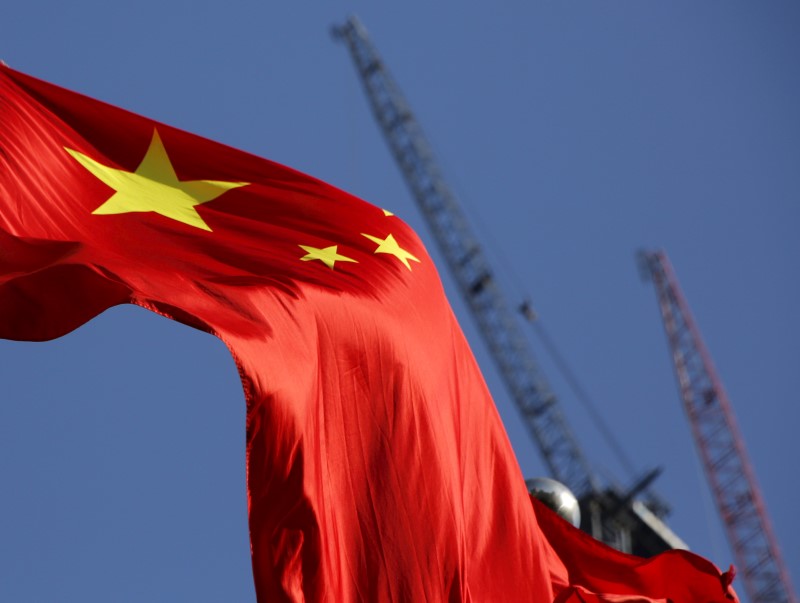Verizon to cut 15,000 jobs amid growing competition pressures - WSJ
Investing.com -- China’s recent export surge is creating ripple effects across global trade, with UBS analysts warning of a potential “second China shock.”
According to UBS, “export volumes [are] up 20%” over the past two years, compared to just 6% growth in the rest of the world, marking China’s strongest trade outperformance since joining the World Trade Organization.
Much of this growth is being directed toward emerging markets (EM), which now account for over half of China’s exports and trade surplus, said the bank.
“That China’s share of final demand is rising in sectors ranging from Latam autos to ASEAN household appliances shows that its export penetration runs far deeper than cyclical ’transshipping’ effects,” UBS wrote.
They add that the quality of Chinese goods is improving, and the country’s export momentum continues even as negative price deflators ease.
“This isn’t just about low prices… quality is playing an increasingly important role,” UBS noted.
While some of China’s export strengths are in building new supply chains, such as Hungarian autos and Indonesian mining, UBS cautioned that the broader trend could weigh on other EM economies.
“China’s rising export competitiveness may compromise growth in the rest of EM,” the analysts warned, citing weak FDI inflows, declining manufacturing/GDP ratios, and deflationary pressures in sectors like chemicals and household products.
UBS sees limited near-term progress in China’s efforts to curb overcapacity. Despite higher U.S. tariffs and attempts to boost domestic consumption, “disinflationary spillovers” are likely to persist. “These disinflationary spillovers will leave EM central banks with more work to do,” UBS added.
The implications for global markets are said to be mixed, with some EM equities potentially benefiting from looser monetary policy, particularly in countries less exposed to Chinese competition.
